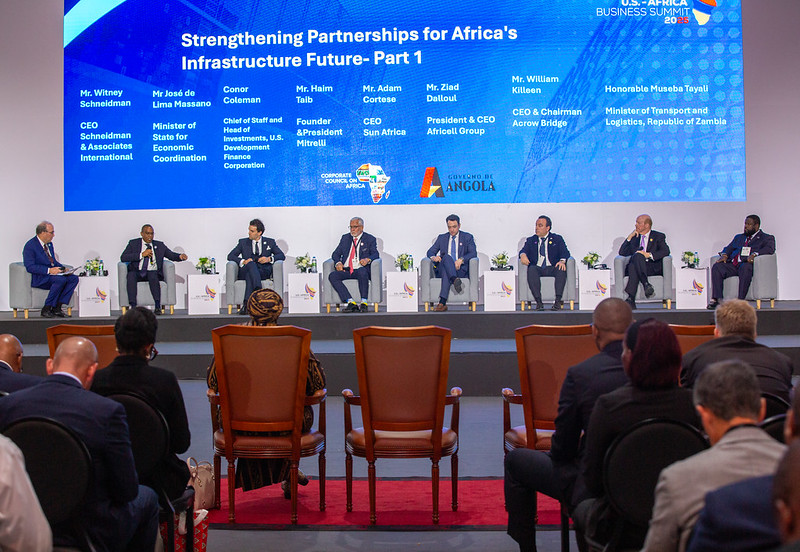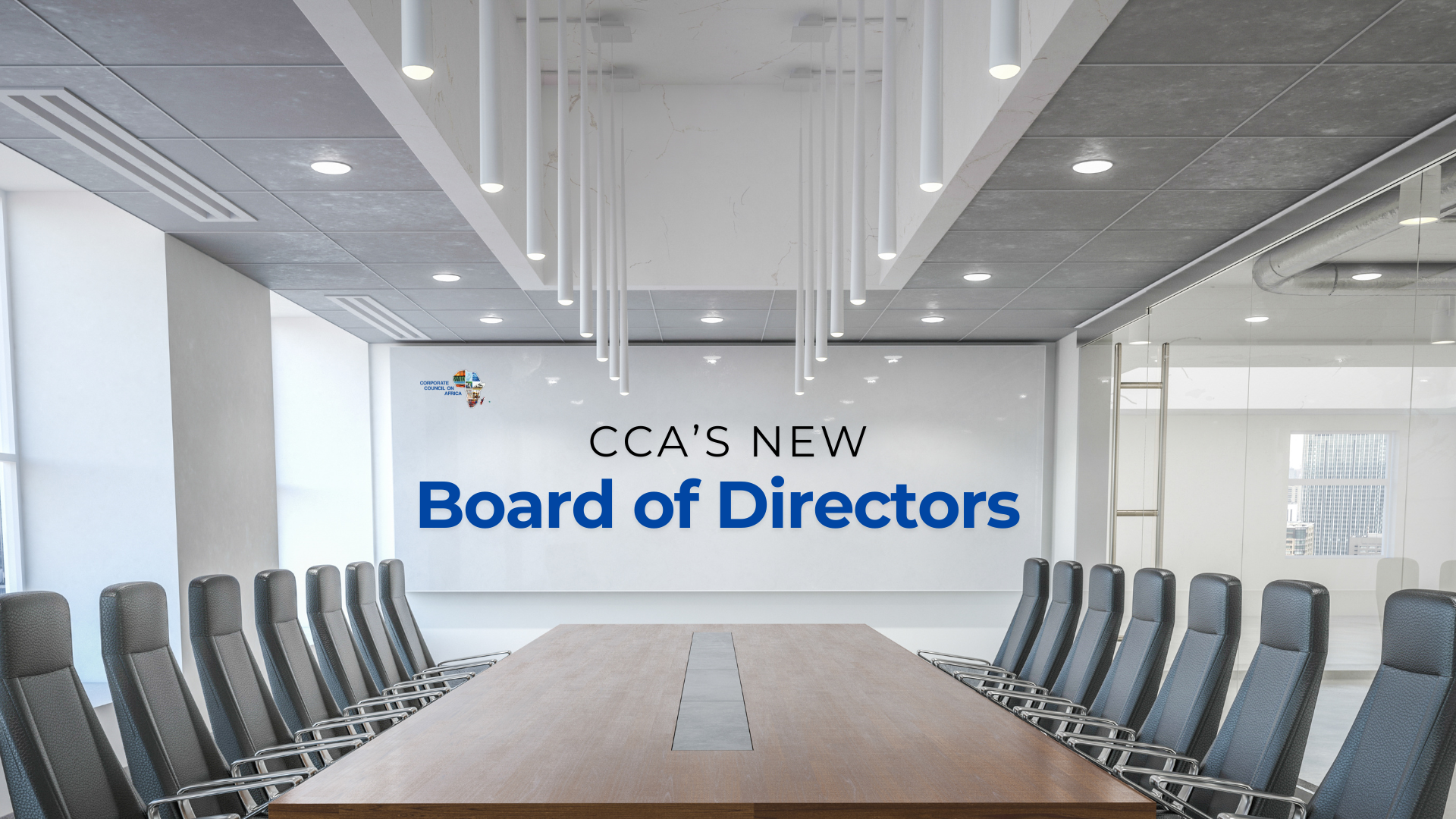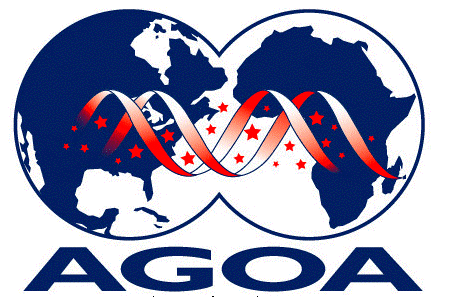Plenary: Lobito Corridor: Strengthening Partnerships for Africa's Infrastructure Future Part 1

The session, moderated by Whitney Schneidman, explored the transformational potential of the Lobito Corridor and the broader imperative of infrastructure development in Africa. Framed as both a regional integration effort and a global investment opportunity, the conversation emphasized how strategic infrastructure—especially in transport, energy, and digital connectivity—can unlock intra-African trade, stimulate industrial growth, and create long-term economic resilience. The Lobito Corridor was positioned not just as a rail line or a road network, but as a model for comprehensive, multi-sector development that spans from extraction to export; what some referred to as a “pit to port” approach.
Panelists emphasized the critical role of public-private partnerships, flexible financing, and policy reform in enabling sustainable development. Speakers noted that the infrastructure gap, estimated at $350 billion, must be addressed through long-term partnerships rather than one-off projects. The U.S. Development Finance Corporation, represented by Conor Coleman, described its evolving role in catalyzing investment that benefits both African economies and global trade networks. Similarly, Haim Taib stressed that Africa doesn’t need charity—it needs committed partners aligned with the continent’s priorities. The importance of modular, accelerated construction techniques was also highlighted, particularly by William Killeen, who detailed the impact of over 180 new bridges on trade, job creation, and rural connectivity.
A clear throughline across the discussion was the idea that infrastructure must serve as a platform for broader development—linking agriculture, energy, manufacturing, and digital connectivity. Investments like Sun Africa’s renewable energy grids and Africell’s digital backbone demonstrate how targeted private sector efforts can complement large-scale government initiatives. The session concluded with the signing of several high-level agreements, including a $1.5 billion cross-border energy project and the launch of a $1 billion Lobito Corridor Impact Development Platform, signaling strong momentum behind regional integration and U.S.-Africa commercial cooperation.

.png)

